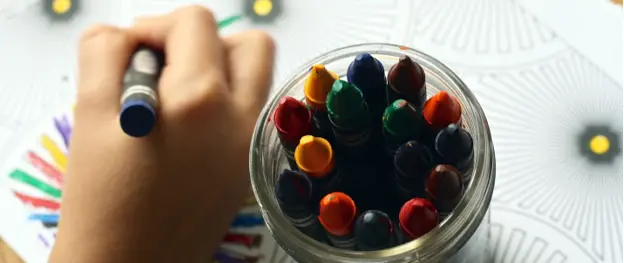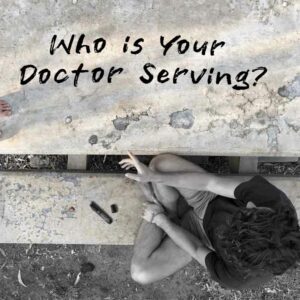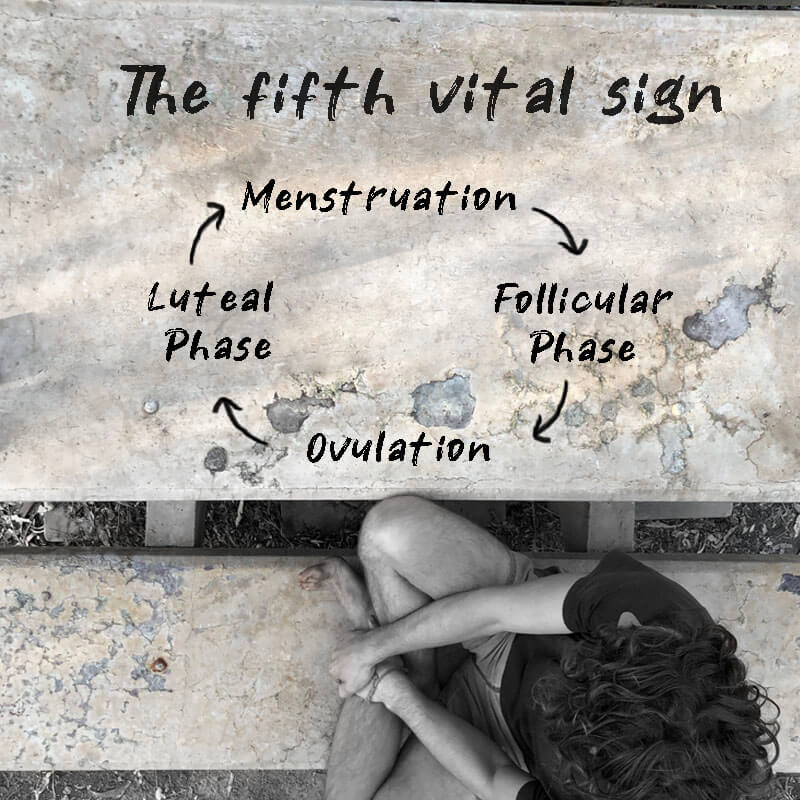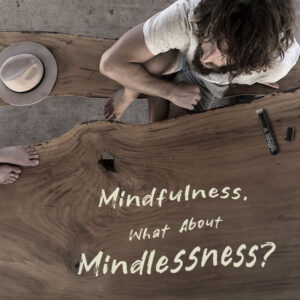
Do you ever find yourself craving creative acts like colouring, drawing, or even listening to music? Creativity is a language everybody understands. Whether it’s in the area of arts and music, it is safe to safe that we all have creative bones that we sometimes forget to tap into, and most of the time, we even take them for granted. No one has taught us to draw, sing or dance as children because it comes naturally. But we sometimes lose touch with our own creativity as we grow older. But we look for it from time to time, even if we’re not very good at it – because honestly, it’s not about being very good at creating, but it’s more about how it makes you feel.
Studies have shown that creative acts can benefit our mental health positively. According to the theory of cognition, creativity can be a basis for human life and is effective at any age. While some people are born with more creativity in their souls, we can all create art with enough practice.
How is creativity instrumental to a healthy body and mind? Here are some ways.
Boosts mood: Engaging in creative activities has been shown to have a positive impact on mental health. Research has revealed that participating in creative activities can increase dopamine levels in the brain, which helps enhance one’s mood and reduce stress levels. This can lead to an overall improvement in mental well-being.
Improves cognitive function: Creativity requires problem-solving and critical thinking skills, which can improve overall cognitive function. When you engage in different creative activities, you are able to use your brain in new and exciting ways, which can help to sharpen your memory and attention span and can have a positive effect on your overall cognitive function and help to keep your brain healthy.

Increases self-esteem: Creating something from scratch and expressing your unique perspective can give you a sense of accomplishment and boost your confidence. When you create something uniquely yours, you can take pride in your work and feel good about yourself, which can lead to an increase in self-esteem and a more positive outlook on life.
Reduces anxiety and depression: In order to reduce symptoms of anxiety and depression, experts use art therapy, which allows individuals to express themselves in a nonverbal way. Creative activities can help to reduce stress and anxiety by providing a way to express emotions and feelings. Art therapy has been shown to be particularly effective in reducing symptoms of anxiety and depression, as it allows individuals to explore their feelings in a safe and non-judgmental environment.
Enhances overall well-being: By engaging in creative activities, you are taking the time to focus on something you enjoy, which can provide a sense of purpose and fulfilment. This can lead to an overall improvement in well-being, as you are able to find joy in the present moment and appreciate the beauty of your surroundings. When you engage in creative activities, you are able to take a break from the stresses of daily life and shift your attention to something that brings you happiness and joy.
By engaging in creative activities, you experience its positive impact on mental health, cognitive function, self-esteem, and overall well-being. Whether it’s through art therapy, music, writing, or any other form of creative expression, taking the time to focus on something you enjoy can provide a sense of purpose and fulfilment. So why not make time for creativity in your life? You may be surprised at the positive effects it can have on your mental and emotional well-being.

Sheena Javier
Connect
A Perfect Coup: Pharmaceutical Industry’s Hold on Healthcare
A dive into industry's extensive influence
Lead and the Fall of the Roman Empire: Welcome the ‘Aluminium Age’
How Aluminium is Affecting Our Health









